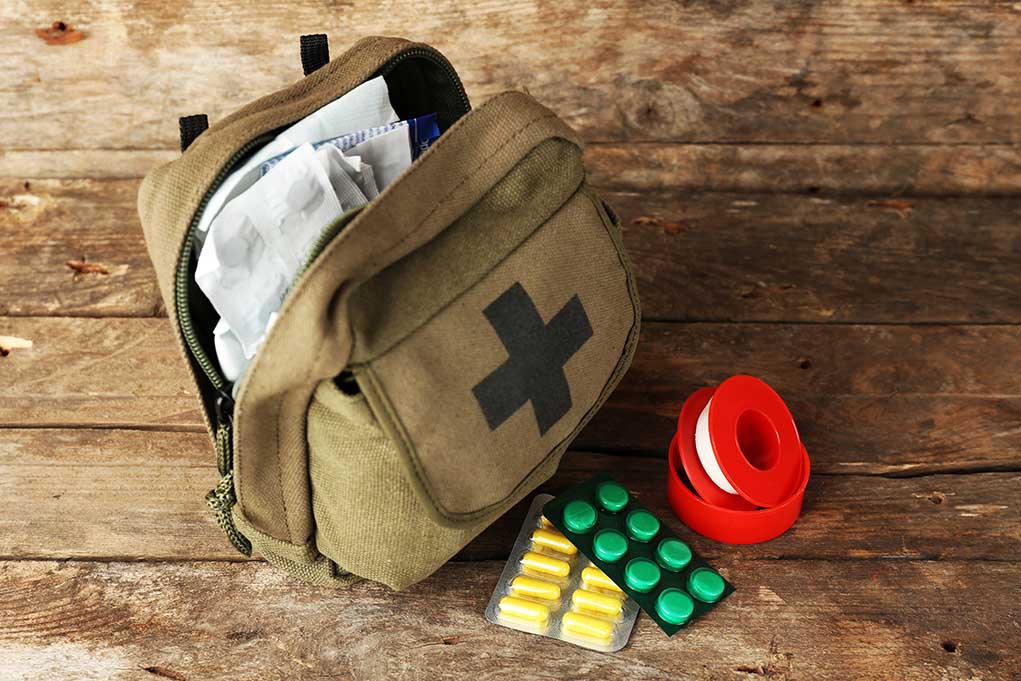
For many people, pets are a serious part of the family; some of us even consider pets our children. It’s important to have a safety plan when it comes to your furry friends. After all, disasters don’t only affect humans. Let’s look at some ways we can prepare, respond and recover with our pets from a disaster.
Preparation
To begin, familiarize yourself with any disaster that may affect the area you live in. Of course, this is something you should do regardless of whether you have a pet. Be sure to plan accordingly and practice your evacuation routes with your pet. You also need to be sure to have a carrier and/or leash close to the door for a quick getaway.
Keep your pet’s records up to date and keep collars on them with tags. Consider getting your pet microchipped, as a chipped pet is more likely to be returned home than one that isn’t.
Have any necessary equipment on hand and ready to move to ensure you don’t waste any time evacuating your pet. You can also ask your vet about creating an emergency pet kit. You should have a trusted neighbor, friend, boarding facility or vet you can temporarily leave your pet with if you must vacate your home.
What to do During an Emergency
When disaster strikes keep in mind that what’s good for you is generally good for your pet. Just remember that some of our food can be toxic to animals, so become familiar with what they can and can’t eat. Local facilities such as vets, shelters, animal-friendly hotels and boarding agencies may be able to help.
You also have the option to simply shelter in place, if possible, although some disasters, such as floods, don’t typically allow for you to stay in your home. You need to find a room where the whole family can hunker down and be safe; a bathroom, closet or basement works best.
If you decide to stay where you are, be sure to close any small openings where your furry friends can escape or become trapped unintentionally. Also, be sure to remove any toxic plants or chemicals. Never leave your pet chained up and outdoors for long periods of time. Law enforcement can insist on searching for accommodations for you and your pet.
During a disaster, your pet may act differently due to a number of reasons like stress or even being injured. Behavioral changes are not your only threat; there are plenty of diseases that can spread from animal to human vice versa. Some examples of these are:
- Rabies
- Leptospirosis
- West Nile virus
- Lyme disease
We can avoid many of these infections by preventing bug bites, but others, such as rabies, can spread through saliva via animal bites or scratches. Leptospirosis is a bacterial disease that spreads through the urine of infected animals, so to avoid this disease, be sure to practice cleanliness and good hygiene. As much as it may suck, this means we may need to avoid many of our everyday activities while dealing with a disaster.
Post Disaster
Disasters can change entire communities, so your pet can easily become lost and disoriented. This confusion may lead your otherwise friendly pet to become aggressive or even dangerous. Be sure to release your pet into a safe environment; check your home for sharp objects, exposed wires and spilled chemicals before allowing your pet into the home. It’s crucial to monitor your furry friend during this time for any odd behaviors and contact your vet if any changes are present.
Disasters can be violent and hectic, causing you to lose your beloved pet. Before you start your search, be sure that your family is safe. Bring missing animal flyers to nearby shelters to help them identify your pet and bring them home to you. Also, contact local shelters to see if they have your pet in their care; this is where a microchip is especially helpful. If your pet is chipped and missing, you should contact the company the chip came from and be sure all your contact information is up to date.
If your pet is injured and in need of first aid, keep in mind that the pet will still need to see a vet and your emergency actions are only temporary. Injured pets can be unpredictable, so never assume that your gentle golden retriever won’t lash out at you if you attempt to help them while they’re injured. Pain and stress may cause even the cuddliest animals to become aggressive. If you help your animal, and it becomes increasingly agitated or stressed, it’s time to stop and seek professional help.
Our pets often are the center of our lives, especially if we don’t have children. They deserve the same chances as the rest of the family at surviving. Disaster can strike at any time, so if you don’t have a plan for dealing with these nightmare scenarios, now would be a good time to start. After all, late is better than never.




